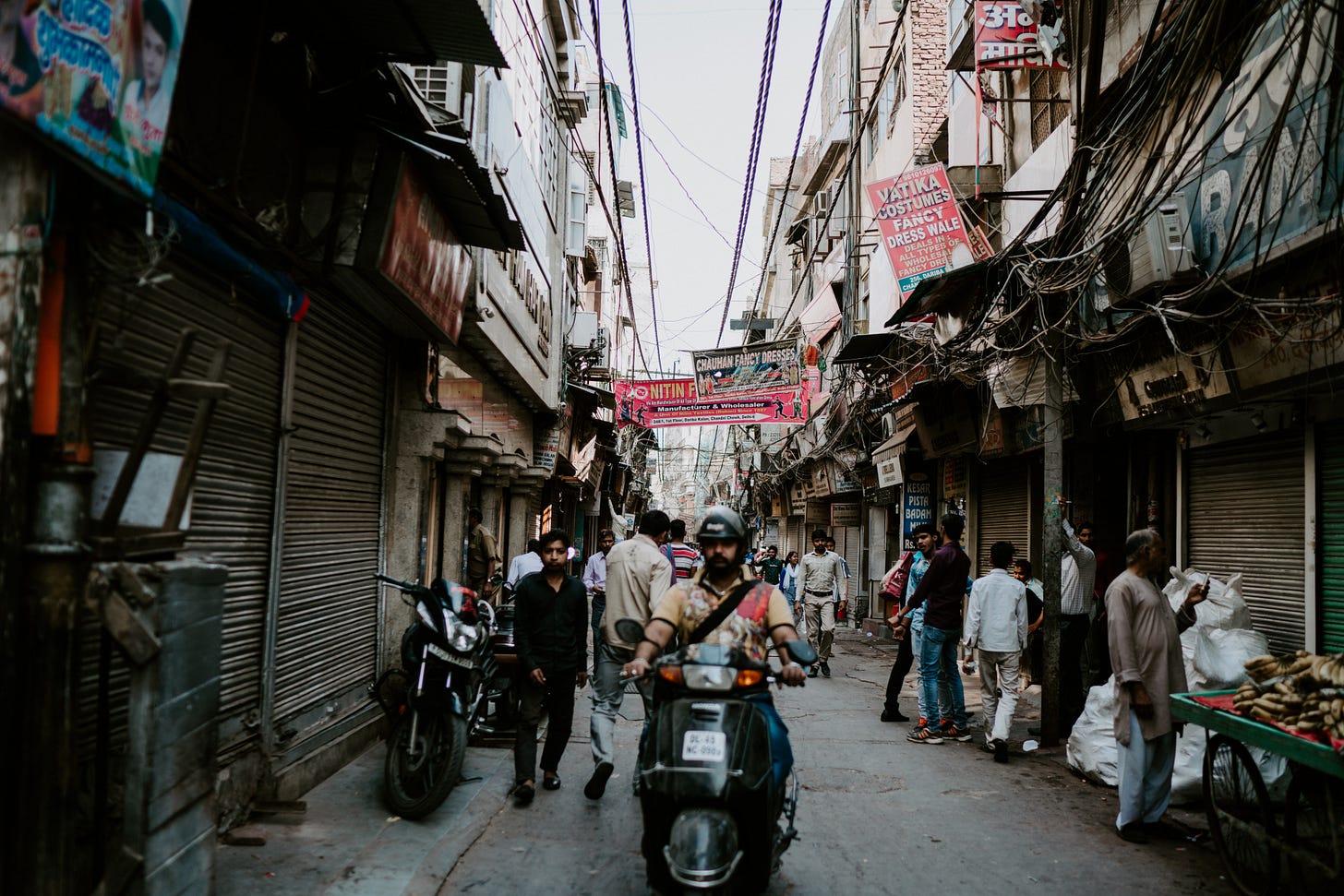Facebook reconsiders COVID — robotic emotional support — the hidden Instagram 'like'
The novel coronavirus's origin story tests the social networks
Today’s we’ve got a hand-crafted selection of worthwhile things to read and ponder as we head into the weekend — blessedly long holiday one here in the U.S. — and perhaps over a drink of your choosing.
By the way, when and how, exactly, did non-alcoholic beers get so good?
FACEBOOK RETHINKS COVID ORIGIN STORIES: My old POLITICO colleague Cristiano Lima reports that Facebook will no longer restrict posts just because they suggest that "COVID-19 is man-made or manufactured" (Hey, at least we know a woman isn’t to blame! Glad that’s settled!) now that there are new questions about where it came from — a move that fits right into the idea we talked about Wednesday: that the Wuhan mess is a gift to conservatives who argue they're reflexively dismissed by Twitter and Facebook.
Witness, for example, the complaints yesterday of the editorial board of the Wall Street Journal, which reference the Biden administration’s new push to figure out how the Wuhan Institute of Virology fits into the start of the pandemic:
Question: When does “misinformation” stop being misinformation on social media? Answer: When Democratic government authorities give permission.
And reflecting on the whole situation, New York Magazine’s Jonathan Chait considers the possibility that it’s a manifestation of the dangers of the kind of groupthink that can arise on online platforms, especially Twitter:
"Social media wasn’t the only reason the media botched this story. The question arose in an atmosphere of uncertainty, compounded by China’s lack of transparency and Trump’s long record of pathological lying."
But Twitter is the milieu in which the opinions of elite reporters take shape. And very often it is a petri dish of tribalism and confirmation bias."
In sum, it’s increasingly clear the Wuhan situation was nearly designed in a lab to fuel the right’s argument that Silicon Valley is locked in an unholy alliance with the media against conservatives. Oy. Just what 2021 was missing.

—Can “social robots” save us?: For the New Yorker, Katie Engelhart dives deep into the possibility that robots — often in the shape of pets — can help seniors and others cope with loneliness brought on by life’s isolating forces.
While we talk about the potential of responsive machines to help address the physical needs of those who could use a bit of help getting by, writes Engelhart, "[s]ocial robots, by contrast, attend to the emotional perils of aging alone."
More Engelhart:
"Today, aging departments in twenty-one states have distributed more than twenty thousand Joy for All pets as part of formal initiatives to help lonely older people. Florida has bought the most: around eight and a half thousand, as of this May. “You know, it sounds like a cute story, but it’s so much more than that,” Richard Prudom, the secretary for the Florida Department of Elder Affairs, told me. “These are not just cuddly toys. They’re not toys!'"
Toys, no. But, to help us out, these needn’t be devices sophisticated enough to suggest actual life; you can get one of the cats mentioned in the story for just $109.99.

—India and Twitter are working on their relationship: Let us not sleep on the situation in India, where there’s a big, consequential power struggle right now heating up between two mighty forces: Twitter and the government of Prime Minister Narendra Modi. Twitter’s accusing the India’s leaders of engaging in “intimidation tactics;” India’s accusing Twitter of trying to “dictate terms to the world’s largest democracy.”
This is hardly just about that country of 1.4 billion people, though. How it resolves will shape the playbook for how Twitter — and quite possibly the other social networks — engage with governments around the world.
—The hidden ‘like’: Facebook and Instagram will now give all users the option to hide the number of likes attached to their posts, and to the posts of other users in their feeds, a move the companies framed as “giving people more control”:
"What we heard from people and experts was that not seeing like counts was beneficial for some, and annoying to others, particularly because people use like counts to get a sense for what’s trending or popular, so we’re giving you the choice."
The social momentum of giving and receiving thumbs-up is pretty much what powers Instagram, at least, so one suspects that the companies has reason to believe people won’t toggle the hide-likes switch. But that kinda makes it a win-win move for them — just having the option is probably enough to make users feel they have “more control.”
—Amazon picks up groceries, a couple magazine, a movie studio: Putting aside access to the MGM’s cache of future streaming video content, there are some juicy political theories about why, at $8.45 billion, Amazon might be paying a premium for MGM.
But one possibility is that Amazon just doesn’t care. Ryan Faughnder and Wendy Lee get at this in the L.A. Times (paywalled):
“Hollywood executives have questioned whether MGM was worth the purchase price — valuing it closer to $6 billion. However, Amazon, with a market capitalization of $1.6 trillion, can clearly afford it."
—RSVPPPPPPPPPPPPPPPPPPPPP: Add this the list of why it feels like being a young person today can be a lot to navigate: you go to throw a little hangout with the kids from your school and a thousand Internet people show up.
Finally, a Slow Build recommendation: The PictureThis plant identifier app is perhaps the greatest thing AI has yet done for us. It’s amazing. Here’s how the app describes itself:
"Simply take or upload a photo of any plant, get instantaneous and accurate plant ID results with our revolutionary artificial intelligence technology."
And yep, that's what it does! And we're not talking, "That's a hickory." It can tell your bitternut hickory from your pignut. Now we just need one for birds.





